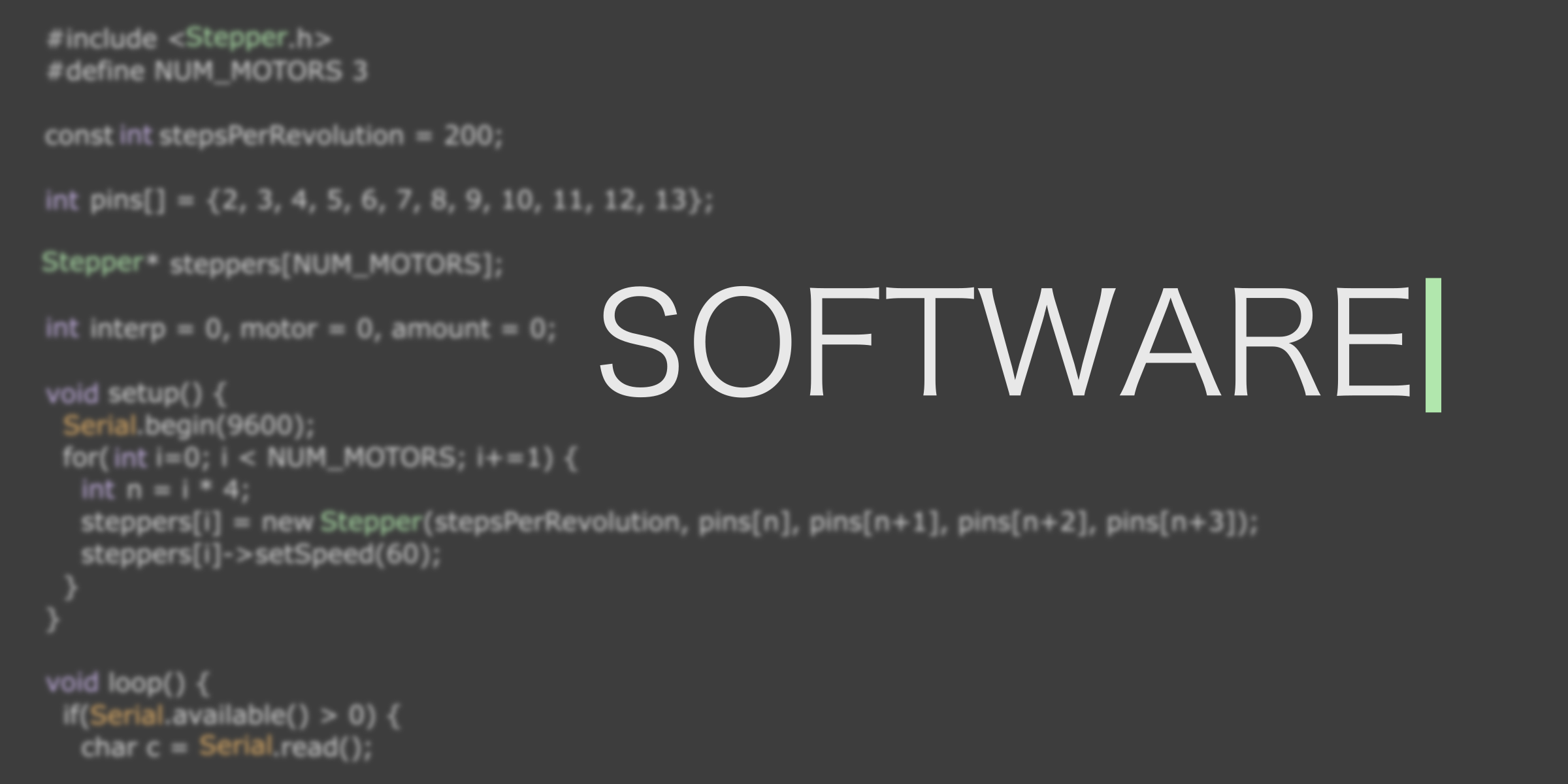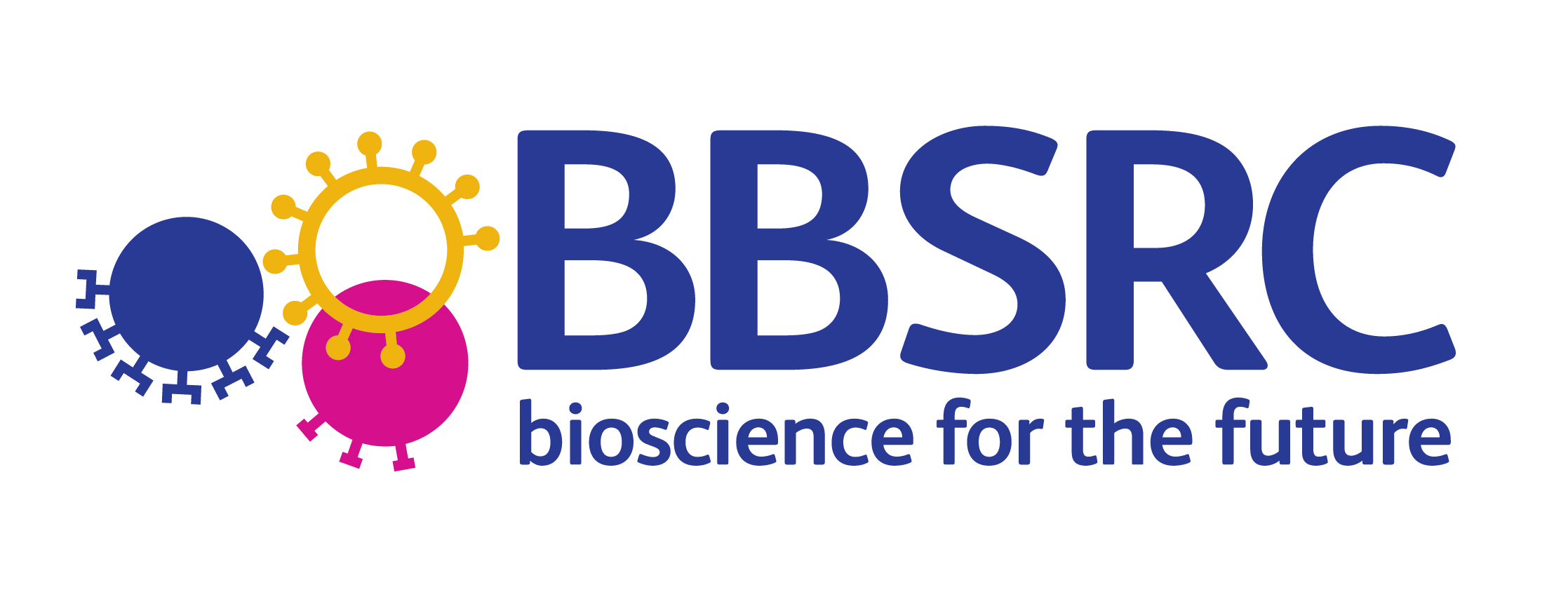Team:Cambridge-JIC/Software

Microscopy Server
Turn your Raspberry Pi into a web-accessible microscope.
Look and control your microscope from your computer, phone, table or with a monitor connected to the Pi itself. You can connect to the microscope just like another computer over SFTP. After installing WinSCP (Windows) or Cyberduck (Mac) or Nautilus (Linux), it is easy to connect to the Pi (default username: pi, password: raspberry). Download your images as if they were on another folder.
Our software runs on nginx, a widely used lightweight web server. Behind this, we run an image streamer (mjpg-streamer) and our own python scripts. nginx deals with the user control and load balancing, leaving us to implement the various features of our microscope.
Download source code (frozen from wiki freeze)
Download our prepared SD card
For more detailed installation instruction, visit the Downloads page.
Crisp, sharp images every time.
Focusing on samples manually can be difficult. OpenScope supports autofocus. Find out more about the algorithms we used and see how they compare.
Microscopy in a nutshell: Everything you expect from a standard microscope. And more.
Live stream from the microscope
Control the light sources and the motorised axes
Sample recognition algorithms with OpenCV
Measurements and scalebars
Timelapses
Keyboard control - like a video game.
Never get lost on your slide again. MicroMaps performs image stitching in the background, allowing you to navigate your slide, just like exploring an online map.
OpenScope integrates with your favourite image processing tool.
For many years, scientists have used ImageJ for image processing. Our ImageJ plugin allows you to remotely connect to and control OpenScope, while also letting you take pictures and import them straight into ImageJ.
ABOUT US
We are a team of Cambridge undergraduates, competing in the Hardware track in iGEM 2015.
read moreLOCATION
Department of Plant Sciences,
University of Cambridge
Downing Street
CB2 3EA
CONTACT US
Email: igemcambridge2015@gmail.com
Tel: +447721944314









